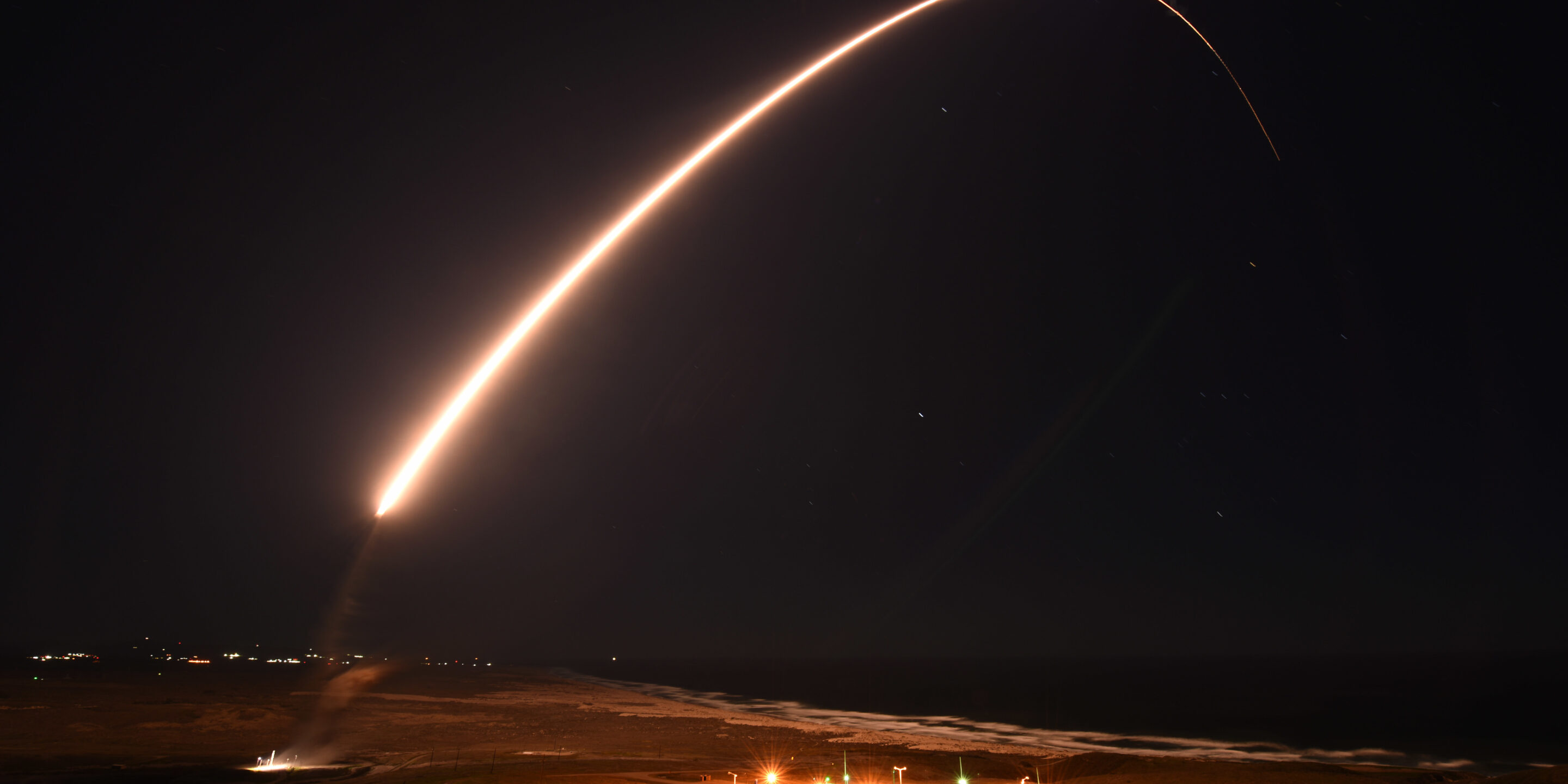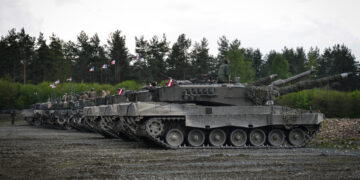December 11, 2023
The Cold War is over. America can let go of the old bilateral treaties.

The Cold War struggle between the United States and the Soviet Union was frequently described as something resembling chess. For nearly 50 years, both vied for control of the global board until only one player remained. In order to manage that dangerous game, a system of bilateral treaties was established between both players. But now, as a multipolar world emerges, the game has changed—and the old order is falling apart.
In the past few months, Russia has pulled out of the Comprehensive Nuclear-Test-Ban Treaty and the Treaty of Conventional Armed Forces in Europe, or CFE. And earlier this year, Russian President Vladimir Putin announced Russia’s intention to suspend participation in New START, the only nuclear treaty remaining in force between Russia and America. While Russia has stated it will abide by the treaty’s limits on nuclear warheads, missiles and launchers, there is little hope for a renewal when the treaty expires in 2026.
To be clear, these pullouts go both ways: President George W. Bush pulled out of the Anti-Ballistic Missile Treaty in 2002, arguing that it hindered America’s ability to protect itself from terror. President Donald Trump took the United States out of the Intermediate-Range Nuclear Forces Treaty in 2019, claiming Russian noncompliance. And when Russia pulled out of the CFE, the West responded in kind—rendering that treaty defunct. And America has never ratified the Nuclear-Test-Ban Treaty.
The removal of these Jenga blocks of the international order has been portrayed by some analysts as calamitous. One analyst, writing for the Carnegie Endowment for International Peace, declared Bush’s pullout from the ABM treaty a mistake that caused a new arms race.
More on Western Hemisphere

August 11, 2025

Featuring Gil Barndollar
July 24, 2025

Featuring Jennifer Kavanagh
July 23, 2025
Events on Grand strategy






